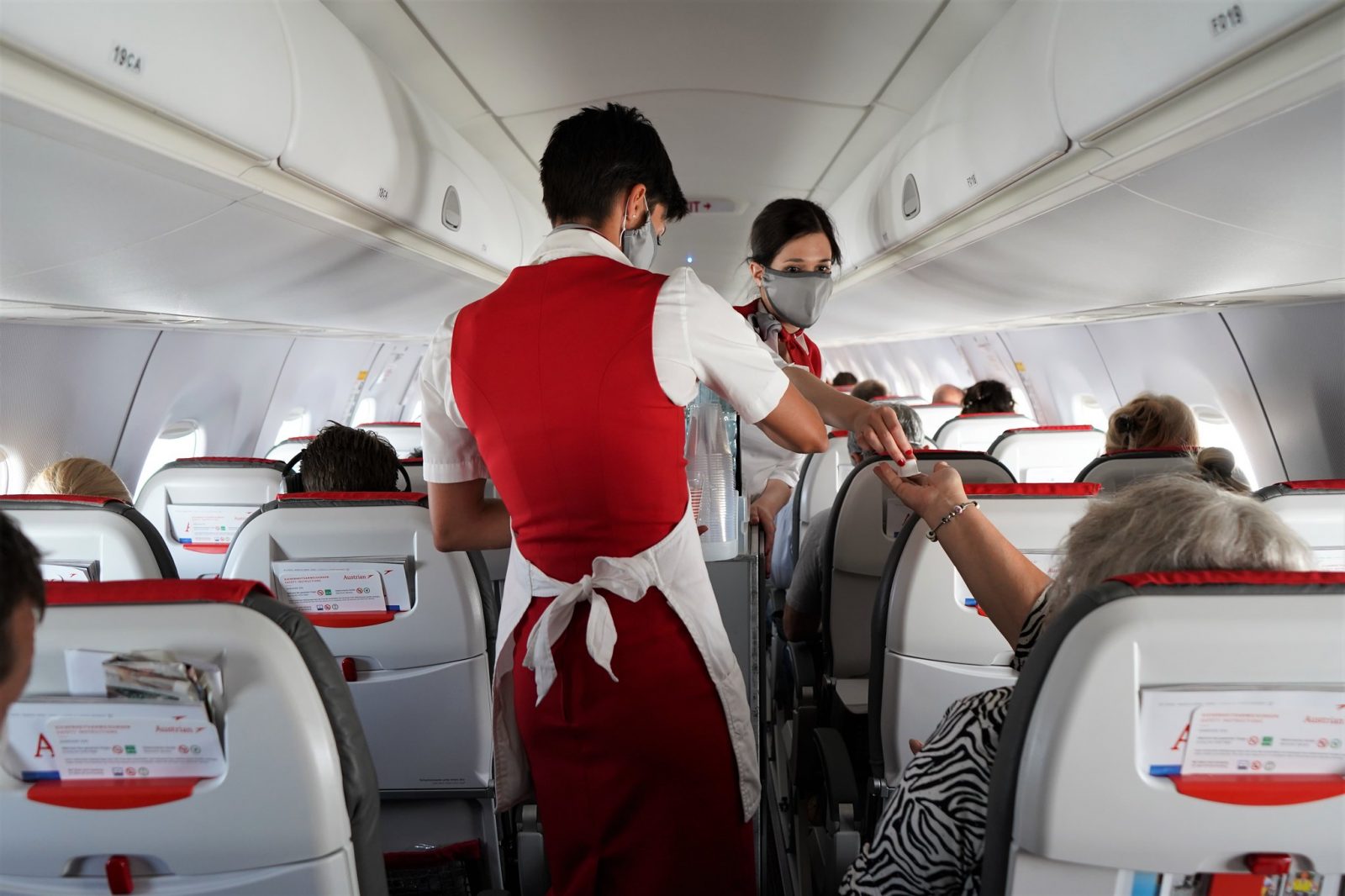
Hong Kong’s health minister, Sophia Chan Siu-chee confirmed on Friday that the Chinese territory was considering imposing a mandatory 14-day quarantine on all flight crew arriving from overseas. Despite fierce objections from hometown airline Cathay Pacific which fears the draconian measures could be the last nail in the coffin for the already decimated airline industry, Chan Siu-chee said Hong Kong doesn’t have any any “alternative” as it battles a fourth wave of COVIUD-19 infections.
The treatment of pilots and flight attendants has been a contentious issue throughout the pandemic in Hong Kong. Health measures have been progressively tightened as residents voiced alarm that aircrew were importing the virus from abroad and putting the territory’s 7+ million residents at risk.
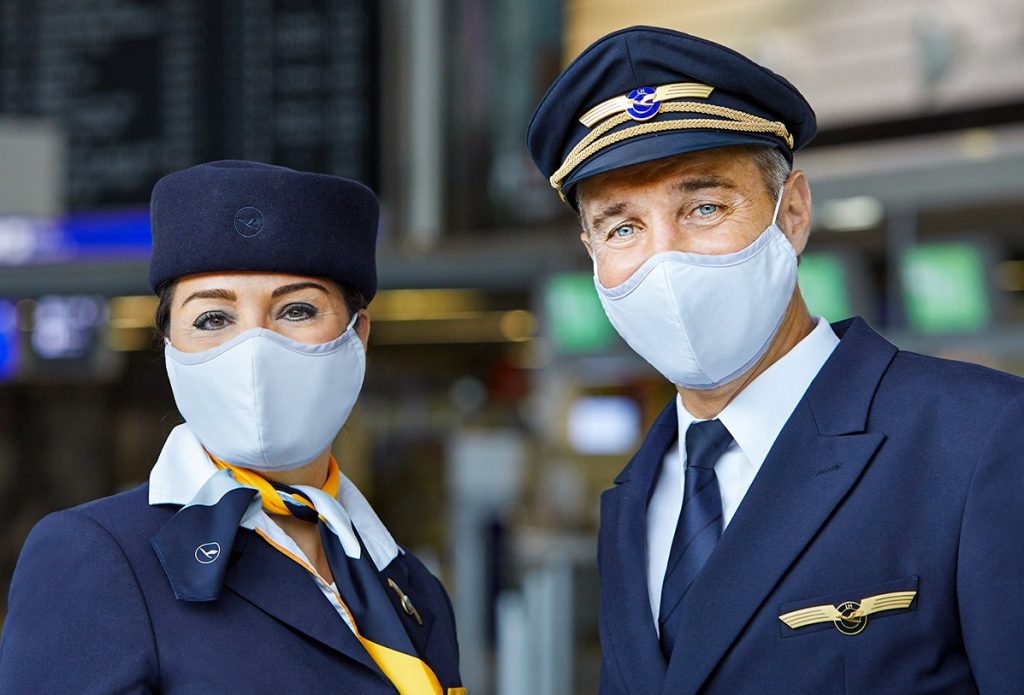
The debate has exposed a huge difference in how pilots, flight attendants and other aviation workers are treated when they go from country to country. In theory, both the World Health Organization (WHO) and International Civil Aviation Organization (ICAO) say flight crew shouldn’t be subjected to invasive testing… the reality, however, is much different.
So how are different countries treating their own flight attendants when it comes to quarantine and testing arrangements?
Abu Dhabi and Dubai
Dubai was one of the first governments to introduce mandatory cabin crew and pilot testing on arrival leading to huge queues as Emirates staffers lined up for PCR nasal swabs after a long flight home. But while Dubai eventually made pre-departure PCR testing mandatory for passengers, the same rules for crew were dropped within weeks.
Even as other countries have slowly added testing requirements for crew, Dubai has held firm with its crew exemption still in place. Emirates has, though, agreed to test cabin crew due to fly to Australia within three days of departure. Once tested, crew must self-isolate at home to reduce the risk of infection as much as possible.
In Abu Dhabi, the national carrier Etihad has taken self-isolation rules to another level, demanding that all operating cabin crew quarantine in their apartments between flights. Crew are only allowed to leave once a day to collect essential supplies or to seek medical help. Rules breakers have been threatened with dismissal.
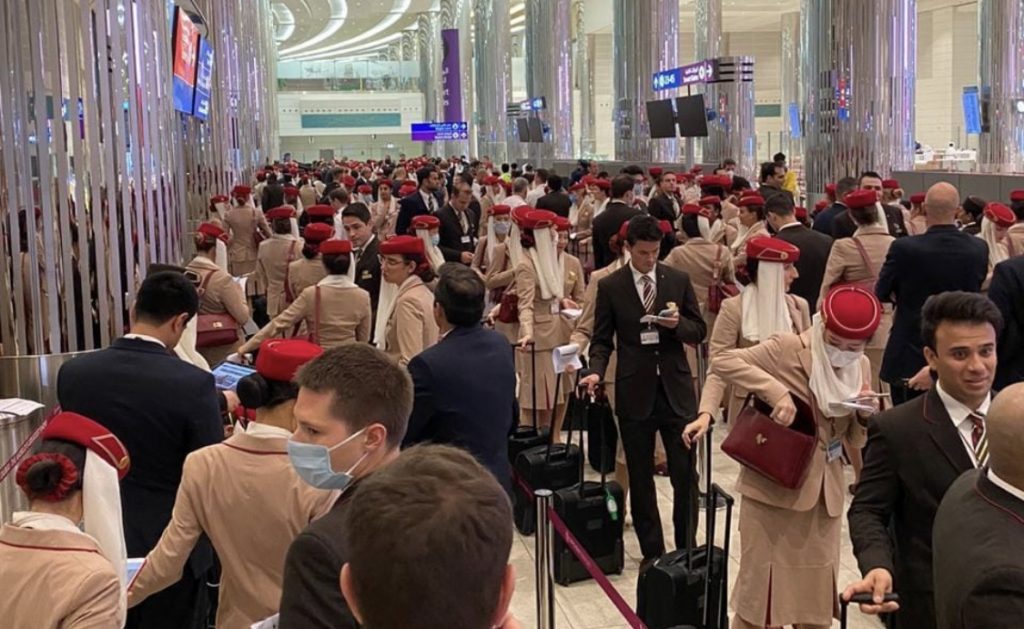
Australia
In response to fears of new mutant variants of the COVID-19 virus, as well as controversy over international flight attendants breaking quarantine rules, Australian states have moved to toughen up their rules.
Flight attendants who arrive in Australia from abroad must have been tested within three days of departure and are then re-tested on arrival. International flight attendants are required to quarantine in their hotel rooms in designated hotels, while Australian crew are allowed to self-isolate for 14-days in their own homes.
The strict quarantine rules aren’t having a major impact on Australian carriers because they stopped operating regularly scheduled international flights early into the pandemic but Emirates did temporarily suspend the majority of services to Australia as it worked through the new protocols.
Europe and the UK
Much of Europe and the UK followed WHO guidance from the outset of the pandemic and decided not to impose additional restrictions on flight attendants flying into the bloc – even foreign flight attendants arriving from countries with much higher levels of infection.
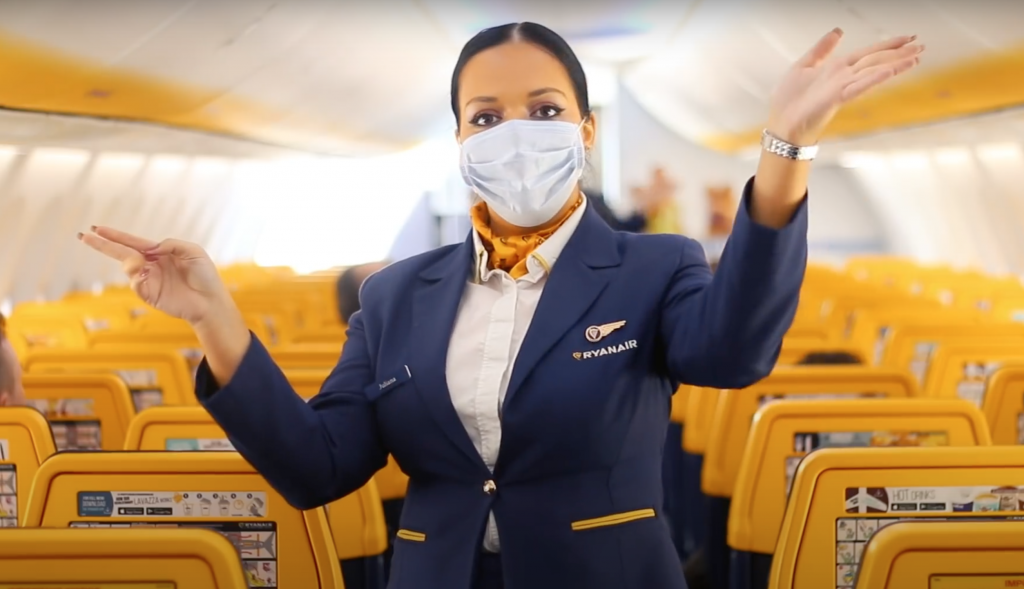
There have, however, been a few notable exceptions. The UK made flight crew who operated flights to Denmark just before a total travel ban was imposed go into quarantine for 10-days. The decision caught Ryanair off-guard because the airline thought its crew would be exempt as they never stepped foot off the plane and were only in Denmark for 30-minutes as new passengers boarded.
Similar quarantine rules were introduced when a travel ban was slapped on South Africa.
Dutch carrier KLM has also threatened to suspend all long-haul flying after the government introduced a pre-departure testing rule for flights headed for the Netherlands. A spokesperson for KLM said it was unacceptable that crew weren’t exempt and the airline would rather stop flying than risk leaving a crew member behind.
New Zealand
Despite its great success in controlling the spread of the novel Coronavirus, New Zealand has taken a relatively light-touch approach to flight crew. The most up to date rules require aircrew to take a test on arrival and then quarantine in a hotel room for 48-hours. If the test is negative, they can leave without any further restrictions.
Air New Zealand cabin crew are, however, subject to restrictions when they go abroad with crew instructed not to leave their hotel rooms during layovers and to keep their distance from any locals.
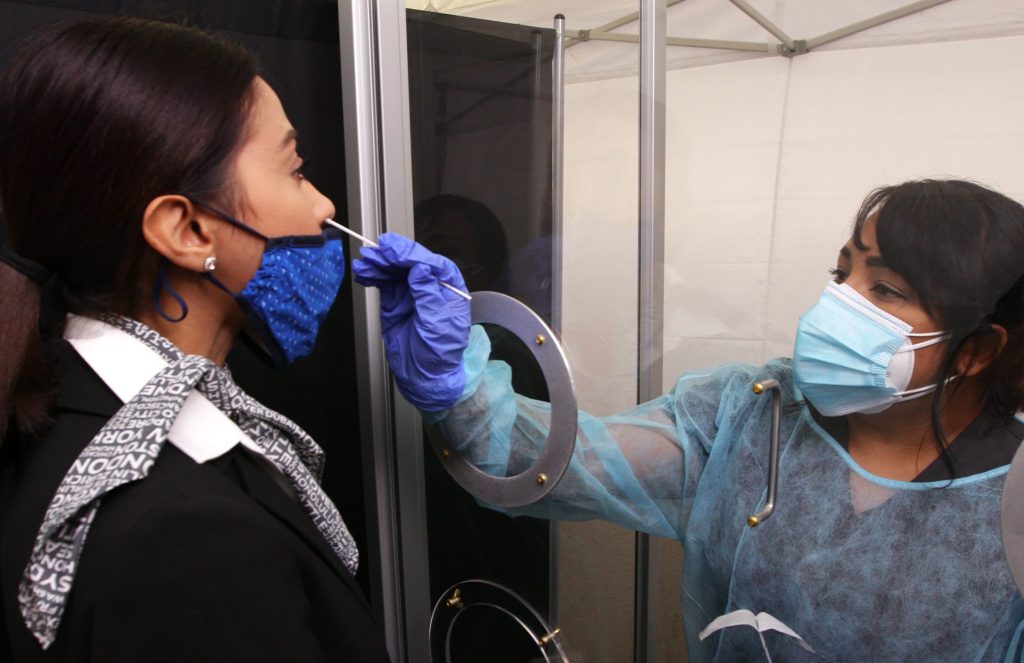
The United States
Like Europe, the United States hasn’t imposed any additional restrictions on flight crew, although the Centres for Disease Control and Prevention (CDC) recommends crew self-monitor for symptoms, including regular temperature checks.
New pre-departure testing rules set to come into force on January 26 with specifically exempt aircrew but that might change over a review of the policy has been completed by the Biden administration. New quarantine rules are also set to be introduced and these could also affect flight crew in some form.
Mateusz Maszczynski honed his skills as an international flight attendant at the most prominent airline in the Middle East and has been flying ever since... most recently for a well known European airline. Matt is passionate about the aviation industry and has become an expert in passenger experience and human-centric stories. Always keeping an ear close to the ground, Matt's industry insights, analysis and news coverage is frequently relied upon by some of the biggest names in journalism.







